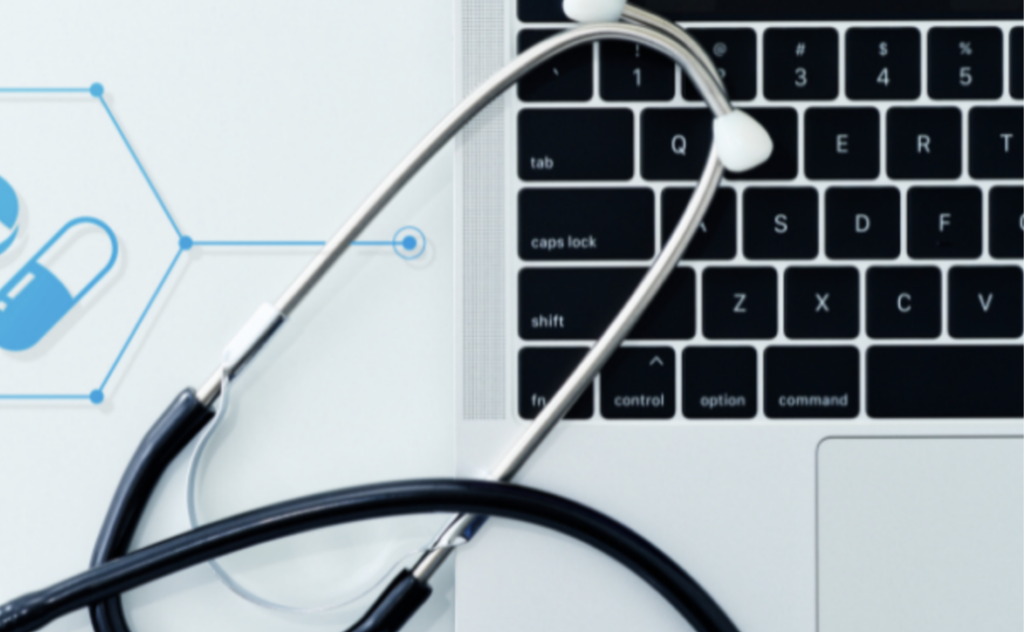In the ever-evolving landscape of healthcare, the importance of patient data security cannot be overstated. Ensuring the confidentiality and integrity of sensitive medical information is not only a legal requirement but also a moral obligation. Managed IT services have become indispensable allies for healthcare providers, offering advanced solutions to enhance patient data security. Here is how managed IT services can revolutionize healthcare by safeguarding patient data, complying with regulations, and enabling better patient care.
Compliance with Healthcare Regulations:
Healthcare organizations are bound by a myriad of regulations, including the Health Insurance Portability and Accountability Act (HIPAA) in the United States. Non-compliance can result in severe penalties. We are well-versed in these regulations and implement robust security measures to ensure adherence. We assist in creating policies and procedures that align with these regulations, such as data encryption, access controls, and regular audits. By partnering with managed IT services, healthcare providers can mitigate legal risks and avoid costly fines.
Data Encryption and Secure Storage:
Patient data is a prime target for cybercriminals due to its high value on the black market. Managed IT services deploy state-of-the-art encryption methods to protect data both in transit and at rest. This ensures that even if unauthorized access occurs, the data remains unintelligible. Moreover, secure data storage solutions, such as HIPAA-compliant cloud services, enable healthcare providers to store patient records securely while maintaining accessibility for authorized personnel. These services provide data redundancy and disaster recovery capabilities, further safeguarding against data loss.
Proactive Threat Detection and Response:
Cyber threats are constantly evolving, and healthcare institutions are attractive targets. Managed IT services employ advanced threat detection tools that continuously monitor networks for unusual activities and potential intrusions. In the event of a security breach or suspicious activity, we can initiate an immediate response to mitigate the threat. This proactive approach minimizes the impact of security incidents, reducing the risk of data breaches and reputational damage.
Employee Training and Awareness:
Often, security breaches in healthcare occur due to human error. We offer employee training programs to educate healthcare staff about the latest cybersecurity threats and best practices. We conduct simulated phishing exercises to test employee awareness and response. By creating a culture of cybersecurity awareness, managed IT services help prevent incidents caused by inadvertent actions of employees, further fortifying patient data security.
Secure Telehealth Solutions:
The rise of telehealth has introduced new challenges for data security. Managed IT services adapt to this shift by offering secure telehealth solutions that protect patient data during remote consultations. We implement encryption for video and data transmission, secure authentication methods, and privacy controls to ensure that telehealth interactions comply with data protection regulations.
24/7 Monitoring and Support:
Healthcare doesn’t sleep, and neither do cyber threats. Managed IT services provide around-the-clock monitoring and support, offering peace of mind to healthcare providers. This constant vigilance ensures that potential issues are addressed swiftly, minimizing downtime and protecting patient data. Whether it’s a technical glitch, a security incident, or a system outage, healthcare organizations can rely on PGH Networks to respond promptly.
Managed IT services are revolutionizing healthcare by significantly enhancing patient data security. From ensuring compliance with healthcare regulations to implementing robust encryption, proactive threat detection, employee training, secure telehealth solutions, and 24/7 support, these services are invaluable allies in the ongoing battle against cyber threats. By partnering with managed IT services like PGH Networks, healthcare providers can prioritize patient data security and deliver better patient care with confidence.

